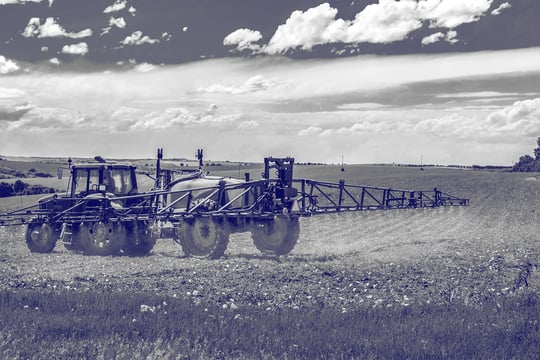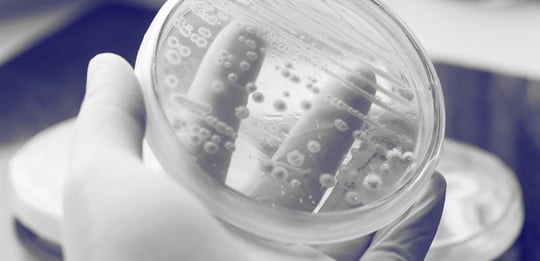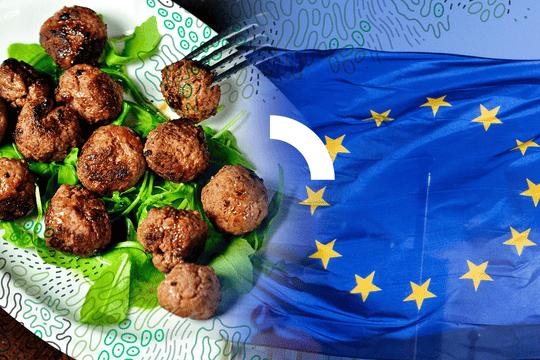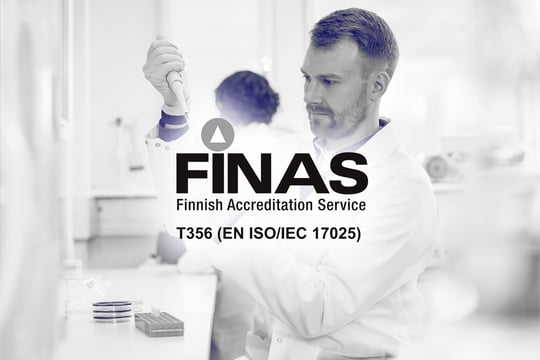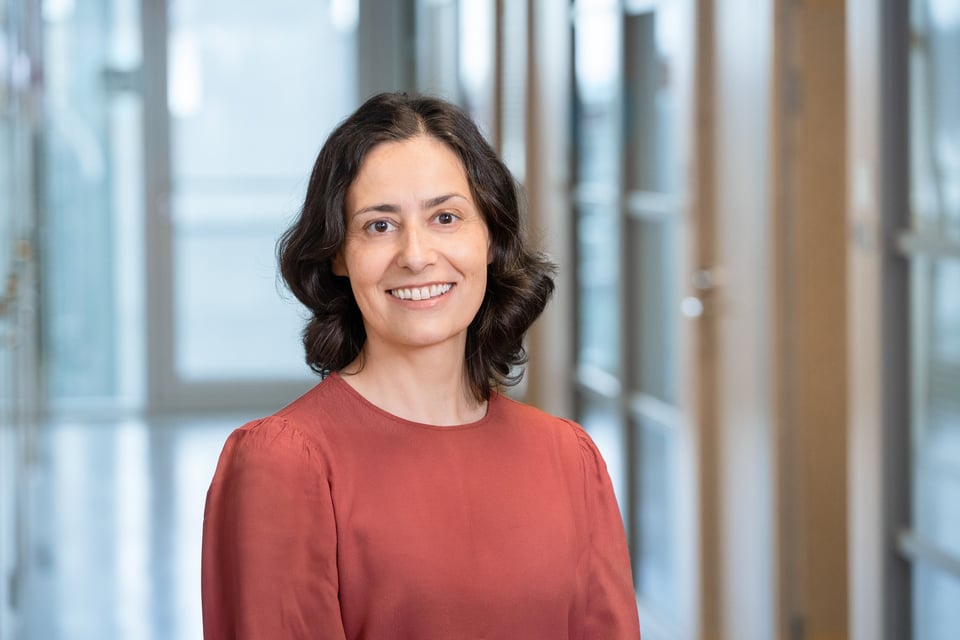
The global market for novel foods is projected to surge, at an anticipated compound annual growth rate of 30% from 2022 to 2026, according to PWC. Despite this rapid growth in demand, entering the market remains a formidable challenge due to complex and varied food safety regulations across the world.
Paula Pescador, Regulatory and Scientific Expert at Biosafe says it is not enough to have a great innovation to gain a foothold in this market: “You need to know how to play the regulatory game: the winners are the ones who know what the requirements in the different markets are, which market is the easiest to enter, what kind of authorisation you need to submit in a certain market.”
“The field is constantly changing, what applies today will not necessarily apply in two years' time. The ability to anticipate and adapt to market shocks is crucial," she adds.
“The whole food industry is changing. The current food chain, how we grow, produce, and process food, is unsustainable, so novel approaches are desperately needed. Regulations are making it slow and difficult for new food products to enter the market. Our vision is for the food system of tomorrow to be more open-minded. That’s why we are doing our utmost to open the food chain to change”, says Biosafe CEO Pauliina Halimaa.
Biosafe opens food chains to new sustainable food and feed solutions by helping them navigate complex regulatory landscapes to bring innovative products to market efficiently.
In 2023 the Biosafe's turnover grew by 39 percent and growth is expected to continue. Biosafe's laboratory in Kuopio, Finland provides extensive microbiological, in vitro toxicological and molecular biological work for food safety assessment for a customer base of approximately 500 food and feed industrial biotechnology customers worldwide.
Regulatory ecosystems are shaping the markets
According to Pescador, the European Union may be losing many competitive advantages. The 2021 Transparency Regulation in the EU has led to even longer approval timelines and requires companies to make extensive information disclosures in a complicated and cumbersome process.
“Many promising food innovation companies around the world are now choosing the United States as their primary market. The Food and Drug Administration’s (FDA) requirements are not necessarily less stringent, but the process is faster, so companies can start generating revenue sooner. Singapore and Israel are also pioneers in this area because regulation is smoother there," says Pescador.
What adds to the European Union’s sluggishness is the lack of alignment between the speed of technology developments and the slow pace of regulations not keeping up. This is the case with genetic modification techniques, for which current legislation is clearly outdated.
Biosafe assists clients particularly in ambiguous regulatory cases, for example when standard regulations for genetically modified products, primarily designed for plant-based products, do not straightforwardly apply to microbial-derived products.
"Many companies falter by conducting inadequate tests or misinterpreting regulatory guidelines. Our expertise lies in understanding and fulfilling the precise requirements of bodies like EFSA and the FDA," Halimaa adds.
From microscopic detail to global impact
Paula Pescador, who was recently appointed to her position, has extensive knowledge and experience of European and US food safety regulations.
With her appointment, Pescador’s employer Biosafe has expanded its role from a Finnish contract research organization to advising companies on business development and supporting their expansion, particularly into the US market.
“The novel food ecosystem needs players like us. Our expertise is to see and define the big picture, but at the same time our meticulous attention to detail at the microscopic level sets the groundwork to guide companies through complex regulatory landscapes and contribute to a sustainable food ecosystem," Halimaa explains.
"Our strength lies in uniting expertise, from lab researchers to legislative advisors to companies and regulatory bodies. That ensures innovative, safe solutions not only at the product level but across entire food systems."
Global harmony from an open-minded food system
Remarkable novel foods are being developed that could improve the sustainability and safety of food. Alternative proteins created with precision fermentation, for example, have the potential to decouple food production from the use of land and the rearing of animals, reducing the amount of resources used and the carbon footprint drastically.
According to PWC the annual investments in fermentation-based alternative proteins grew from $5M in 2013 to $587M in 2020, and the growth continues.
Biosafe has invested in the analysis of fermentation-based alternative proteins and it has become a crown jewel of their offering. They believe these kinds of sustainable food innovations will become a decisive contribution to the food chain. “But we can only realise these benefits on a large scale when the innovations proliferate around the world and become mainstream," says Pescador.
She believes that food safety should be assessed in the same way all over the world: from a scientific point of view. “All regulatory authorities have the same goal: safe products. How this goal is achieved varies greatly across markets. For novel foods to break through, we need harmonisation between regulatory bodies – a unified, open-minded global approach.”

Watch our webinars for more perspectives.
See our next webinars on getting authorisation in different markets for novel foods produced from microorganisms.
Would you like to be consulted
on your novel foods?

Read more about Food safety regulations:
Food safety regulations in the European Union »
Topic:
Author:




